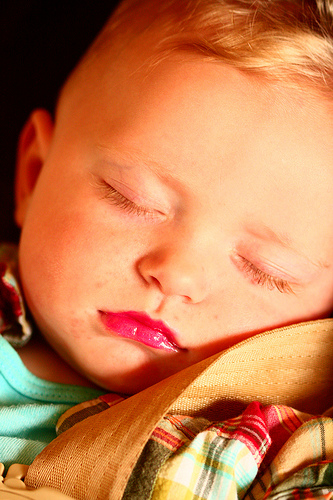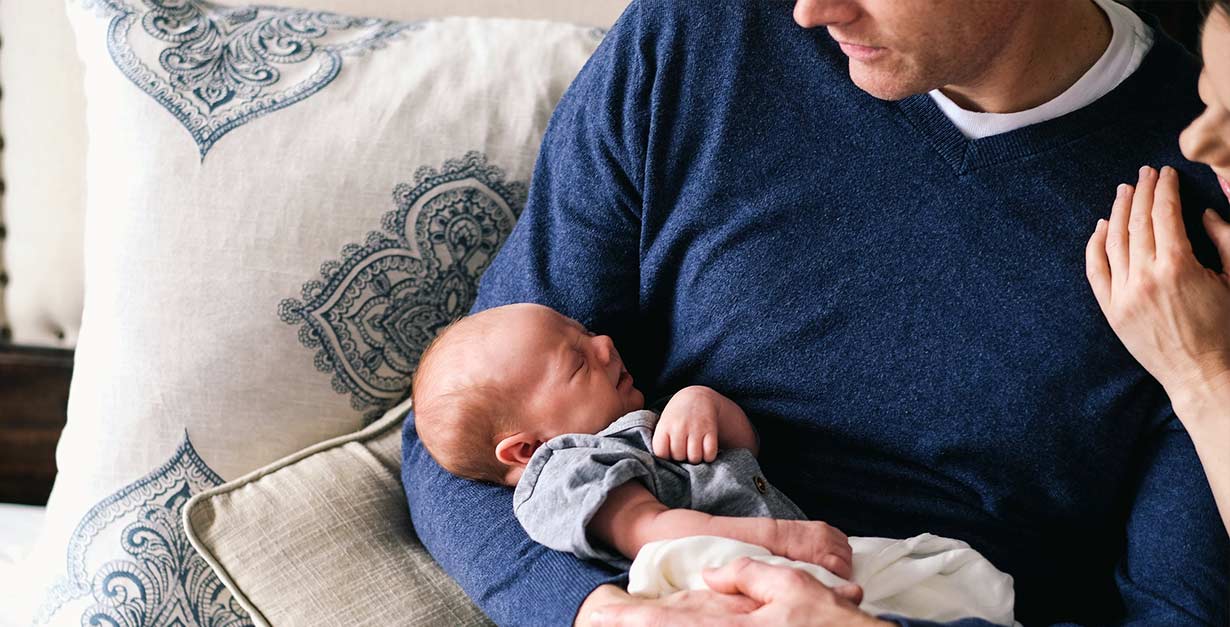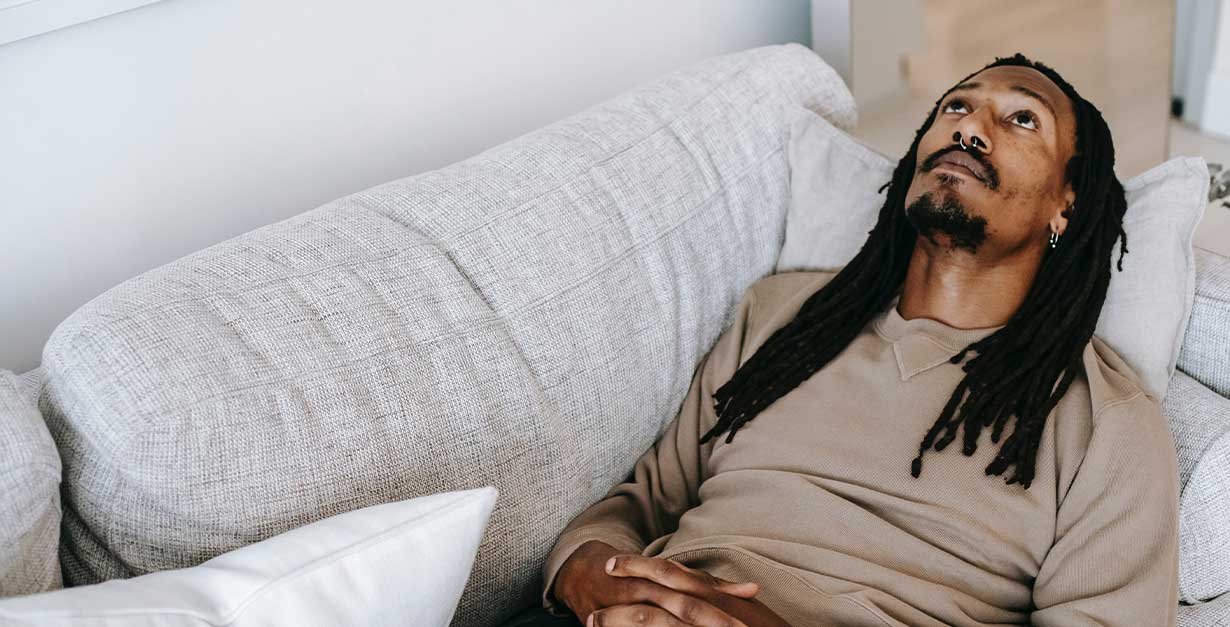In my last article about co-sleeping, I focused on the how. In this article, I’m going to focus on the why. There are a number of benefits for co-sleeping families, and many of them extend far beyond infancy. I realize that some of these points may seem obvious, but some of the benefits are things you (or I) may not have otherwise considered.
Have a better breastfeeding relationship
I feel that it’s important to note that whether or not you breastfeed, you can have a good, healthy co-sleeping relationship. That being said, it is very common for breastfeeding mothers to co-sleep with their child. If you’re breastfeeding, there’s no nighttime juggling, you just roll over, or position yourself and baby, and let them suckle. Studies have found that infants who co-sleep and breastfeed actually have shorter wake times, because they are able to nurse and fall quickly back to sleep with mom right there. And mom may find that she barely wakes up at all, which brings me to my next point.
Better sleep for everyone
I think that every parent has had a moment, either at night or during naptime where the world literally stops. You ‘shhh’ at the plane going overhead as you cross your fingers that the sleeping baby stays asleep. Or you hear baby stirring fifteen minutes into naptime and literally freeze mid-step, afraid that you’ll step on that one squeaky floorboard and wake them.
With a family bed, the family is sleeping together, creating less frequent waking due to bumps in the night (or airplanes and floorboards), and therefore, more security, which results in a sound sleep for everyone. And what if you could actually bond with baby while you sleep? Sound too good to be true? Maybe it is. In fact, babies begin bonding with mom almost immediately, thanks to some very cool bonding chemistry. But does co-sleeping actually promote bonding or is it extra snuggle time?
More snuggle time

Who doesn’t want more time to love and snuggle with their children before they gain independence? For families with two working parents (or even one that works long hours), co-sleeping can give that extra hour or two that they would have otherwise missed out on. Even though the baby is asleep, just being close to the child allows the parent extra time that they would not otherwise have, especially if the child is sleeping in a crib in their own room.
Co-sleeping is not the only way to bond with your child. Simply holding, hugging, cuddling and singing will allow you to build a strong bond and connection with your baby. Even something as simple as reading a book or infant massage will help to build up a baby’s trust and allow you to lovingly connect with them.
This closeness that is provided by co-sleeping also provides above-average reaction times when compared to children in their own room or even a crib in the bedroom.
Fast reaction times
However you feel about co-sleeping, there’s no denying that parents who co-sleep have lightening-fast reaction times. Think about it: your baby cries, and instead of stumbling out of bed, across the room, or the hall, you just roll over and comfort your baby. The co-sleeping child learns that their parents will respond immediately, allowing them to build trust that they will be cared for quickly, and their needs met, which builds trust.
It is important to note that parents also have faster reaction times with the child in a Co-Sleeper, bassinet, or crib next to the bed, not just in a family bed. Utilizing a separate sleep area for your baby can eliminate some of the co-sleeping safety concerns, but still keep your baby close, and allow you to respond quickly. When parents provide a quick response to baby’s needs, whether you are co-sleeping or not, it helps build trust with your child. Your baby learns that you will respond to their needs swiftly and appropriately.
Build trust with your child
Trust is a very important thing in the parent-child relationship. Simply listening to your child’s cues, and responding to them promptly and gently will help to establish a solid foundation of trust. Co-sleeping is another building block that, when practiced properly, and not reactively, can also help to strengthen your child’s trust.
When people think of co-sleeping, they often picture a co-dependent child, one that dissolves into crying jags the moment a parent walks out of the room. Or they picture Maggie Gyllenhaal’s character, LN, from the movie Away We Go. That’s simply not true; co-sleeping can actually help to nurture a child’s trust, and allow them to foster earlier independence as a result. In fact, according to Dr. Jay Gordon (Gordon, Good Nights: The Happy Parent’s Guide to the Family Bed and a Peaceful Night’s Sleep!, p. 24-26):
- Solitary sleepers have actually been found to be more dependent on their parents than co-sleepers.
- Co-sleeping boys ages three and older were shown to have no greater difficulty separating from one or both parents than solitary sleeping boys. (In this study, girls were not observed for this trait.)
- The majority of family bed graduates consider themselves more independent than their peers.
It’s an interesting thought, and when you stop to consider that children who co-sleep are being taught that their parents are going to respond to their needs immediately, it makes sense. Along that same train of thought, co-sleeping also provides additional security.
A note from the Sleep Lady: Using the Sleep Lady Shuffle will also teach your baby that you can quickly and caringly respond to their needs.
A secure environment
Co-sleeping teaches children that their parents are close by, and often, this can replace the need for a security object, such as a blankie. Just knowing that mom’s right there may be enough to give the child confidence and independence, and in a way, the parents act as the security blanket.
Not having to worry about the security object falling out of bed, or rolling to the bottom, or maintaining an emergency replacement (or two) in case the blankie is lost allows a baby to have their security wherever the parents are.
That being said, co-sleeping is not the only way to ensure that you child is healthy, happy, and secure. A loving, understanding, happy family is going to provide their child with the knowledge that they are loved and their environment is secure. Whether you co-sleep or sleep in separate beds, remember that how you interact with your children has the largest effect on their ability to be happy and secure. If everyone is well rested and sleeping soundly, this is easy to accomplish.
At some point, every baby turns into a toddler, and every toddler turns into an adolescent, usually sooner than most of us would like. It’s unfair, but true. Families who bed share may get to experience more of the innocent childhood because of their choice of family bed. Co-sleeping helps to preserve the security of babyhood just a little while longer, and, as I stated before, if everyone is sleeping soundly and wakes well rested, then it works for you.
Was this article helpful to you? Please tell us by commenting below! For more baby, toddler, and family sleep tips and tricks, please subscribe to The Sleep Lady’s Facebook, Twitter, Pinterest, Google+, and YouTube channel! If you are looking for more sleep content, please check out Get Sleep Now-an exclusive members-only area designed to provide in-depth help and support during your sleep coaching experience.




